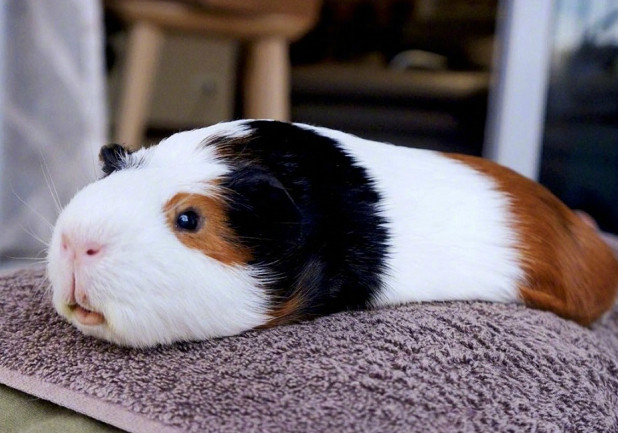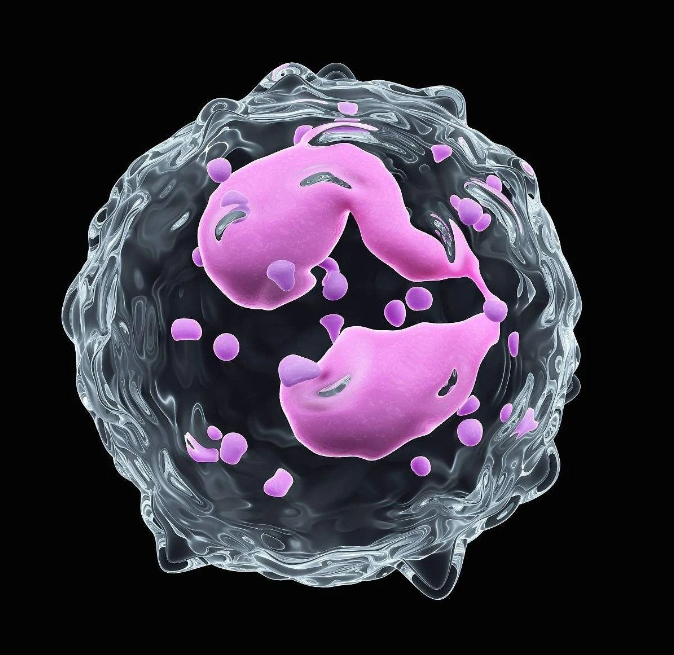Sinoright Blog
Is ascorbic acid same as vitamin C?
Ascorbic acid is vitamin C (VC), called ascorbic acid because it initially cured scurvy. VC has long been well-known, mainly because of its antioxidant properties. But its function goes beyond that.
Let's learn more about its information, so that we can adjust our diet.
Let's learn more about its information, so that we can adjust our diet.
Why is VC a vitamin?
This is because humans cannot synthesize on their own, but it is still very useful. Most animals can synthesize vitamin C, but humans, primates, bats, guinea pigs, pufferfish, some birds, and fish cannot synthesize vitamin C on their own. Due to a mutation in a gene called gulonolactone oxidase, VC cannot be synthesized in the final step.
It should be noted that in mammals, it is a coenzyme of 15 enzymes. This indicates that it is an indispensable substance for our body.

It should be noted that in mammals, it is a coenzyme of 15 enzymes. This indicates that it is an indispensable substance for our body.

What if there's no VC?
The answer is scurvy.
Scurvy is a common disease in the era of human navigation. Ships have been sailing at sea for a long time, and the VC in vegetables and fruits quickly decomposes, leading to insufficient intake of VC by sailors. They may experience gum bleeding, loose teeth, overall swelling, and black spots on their bodies. If left untreated, they will die within 2-3 months. After supplementing VC, it will heal.
Scurvy is a common disease in the era of human navigation. Ships have been sailing at sea for a long time, and the VC in vegetables and fruits quickly decomposes, leading to insufficient intake of VC by sailors. They may experience gum bleeding, loose teeth, overall swelling, and black spots on their bodies. If left untreated, they will die within 2-3 months. After supplementing VC, it will heal.

Why does scurvy occur?
Because it is required for all 15 enzyme types of work. The human body has an important protein called collagen, which accounts for 25% of the total protein content. Collagen cells are responsible for the modification of procollagen and the secretion of normal collagen. Procollagen is formed in the endoplasmic reticulum and consists of proline repeat sequences. The hydroxylation of proline and lysine requires the participation of vitamin C. The hydroxylated amino acids form a stable triple helix collagen structure, which is released from the Golgi apparatus and extracellular vesicles. If there is no hydroxylation, the secretion of procollagen will decrease and the decomposition will accelerate. Procollagen forms a network of procollagen, which in turn forms collagen fibers, becoming the adhesive that connects cells and tissues.
A decrease in vitamin C leads to a decrease in collagen linkage, which is a sign of vitamin C deficiency. Lack of adhesive is the cause of blood vessel bleeding and loose teeth in scurvy.

A decrease in vitamin C leads to a decrease in collagen linkage, which is a sign of vitamin C deficiency. Lack of adhesive is the cause of blood vessel bleeding and loose teeth in scurvy.

Does VC have effect on diabetes and hypertension?
Yes. High blood sugar can reduce the entry of VC into red blood cells, causing them to harden, affecting microcirculation, and leading to hypoxia. The VC concentration in the blood of diabetes patients is also lower. VC supplementation can help stabilize blood sugar, improve insulin resistance, and have a positive effect on cardiovascular disease in diabetic patients.
Moreover, dietary VC intake and blood VC levels are negatively correlated with the risk of metabolic syndrome. A meta-analysis study on VC intervention in hypertension found that supplementing VC can reduce systolic and diastolic blood pressure, and is effective in both the elderly and the population aged 35 and above.
Moreover, dietary VC intake and blood VC levels are negatively correlated with the risk of metabolic syndrome. A meta-analysis study on VC intervention in hypertension found that supplementing VC can reduce systolic and diastolic blood pressure, and is effective in both the elderly and the population aged 35 and above.
Can VC prevent cancer?
Not yet discovered. A large-scale Mendelian randomization study on the relationship between VC in the blood and the five most common cancers did not find a significant relationship. However, the intake of VC in the diet (not as a VC supplement) is negatively correlated with the risk of lung cancer.
Can VC prevent influenza, colds and COVID-19?
VC has not been found to prevent infection. But it will shorten the duration of a cold by 8% -13% and alleviate cold symptoms. Because VC rapidly increases in activated neutrophils, it is used to produce reactive oxygen species to combat bacteria and protect neutrophils from reactive oxygen species attacks.


What are the other functions of VC?
Improve the utilization of iron, calcium, and folic acid; Clearing free radicals; Promote antibody formation; It has detoxification effects on mercury, lead, benzene, certain toxins, and bacterial toxins.
